Lufthansa and ITA Airways have extended their flight suspension to Tel Aviv until June 8. Ongoing security threats, including targeted missile strikes near Ben Gurion Airport, forced this decision. These disruptions follow heightened tensions in the region, particularly involving attacks from Yemen-based militants.
Travelers relying on direct air connections to Israel now face continued uncertainty. The extended halt affects business and tourism, both of which depend on stable aviation routes. Lufthansa and ITA Airways first suspended flights on May 4. The initial pause was short-term, but growing risks pushed both carriers to prolong the ban.
The security crisis has impacted not only passengers but also international airlines’ logistical planning. Carriers remain cautious while observing events closely. Airlines now reassess their flight plans more frequently. Safety concerns influence decisions more than usual. Lufthansa Group, which includes several European carriers, responded quickly. ITA Airways, Italy’s national airline, followed suit with similar urgency.
The Middle East has become a difficult zone for commercial aviation. Conflicts and missile threats force carriers to prioritize traveler and crew safety. Regional airports have faced multiple attack attempts, which raises fears of a broader crisis. Ben Gurion Airport, Israel’s main international hub, lies at the center of this tension.
Airlines focus on safety, but economic consequences continue to grow. Each cancelled flight reduces travel opportunities, cuts tourism revenue, and stalls international business. These ripple effects could worsen if the situation remains volatile.
As June approaches, both Lufthansa and ITA Airways plan to reevaluate conditions. For now, travelers should expect changes to continue. The aviation sector may need to adapt long-term, depending on how security concerns evolve.
Related stories:
Catch up on the top stories and travel deals by subscribing to our newsletter!

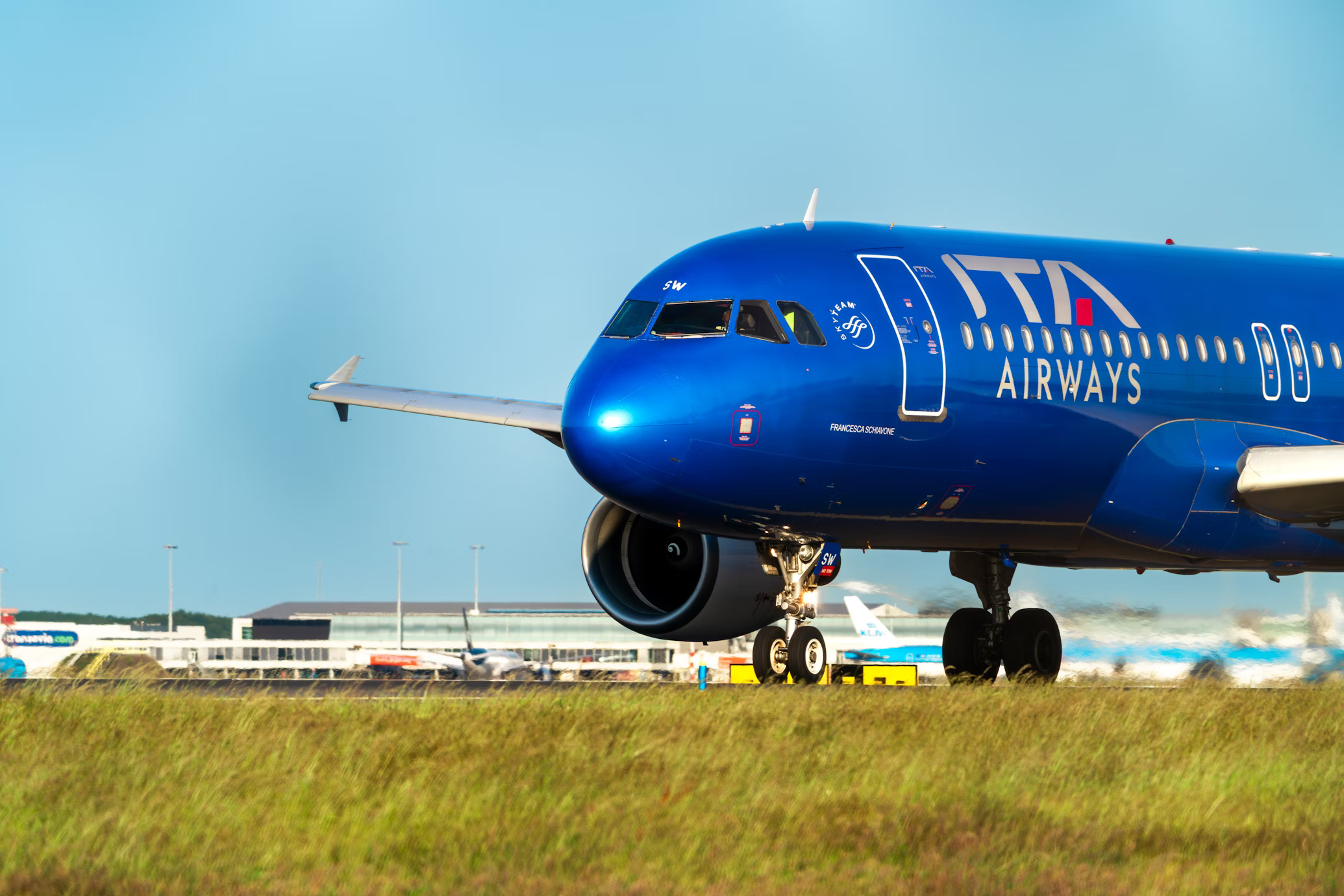

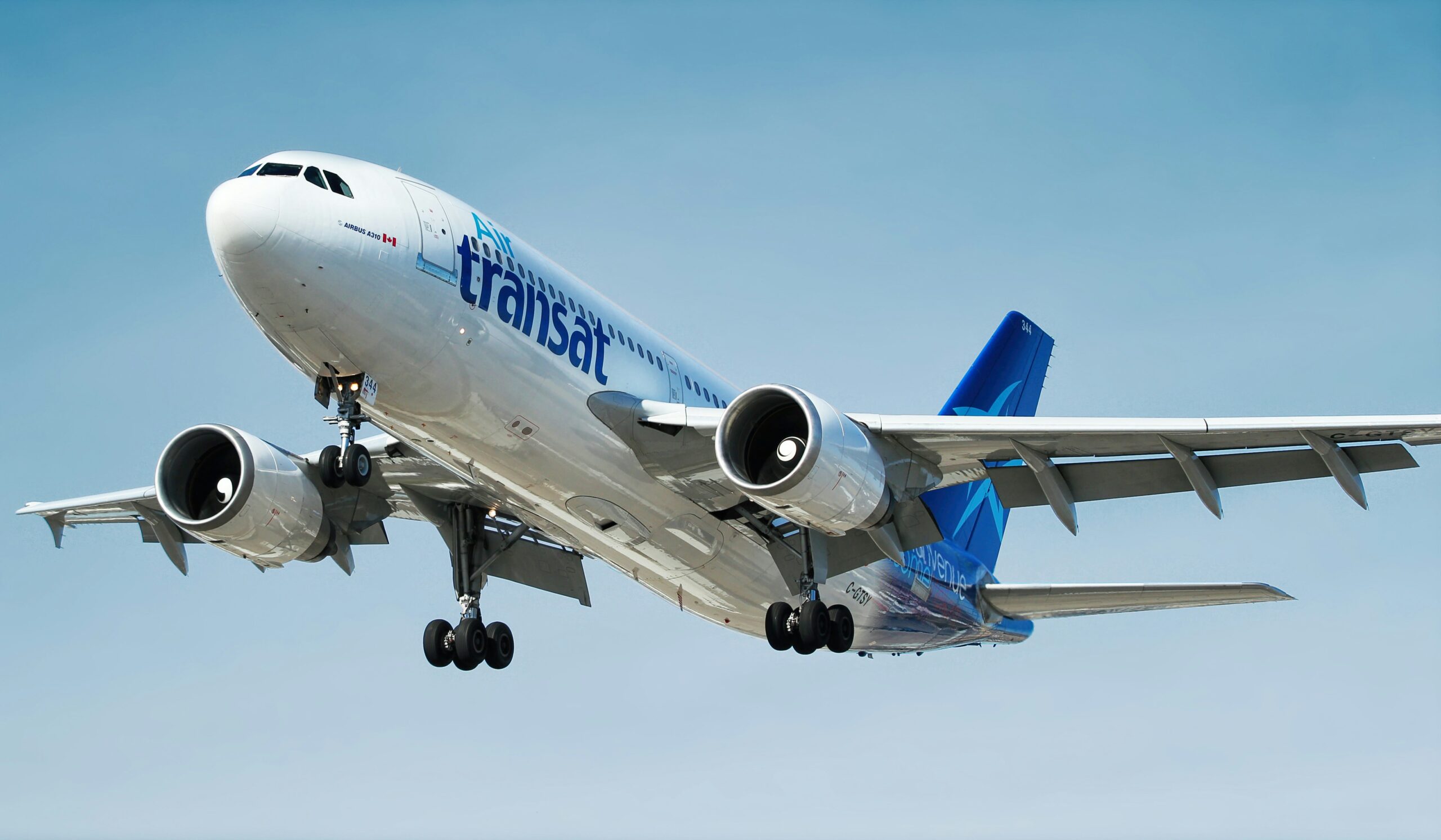
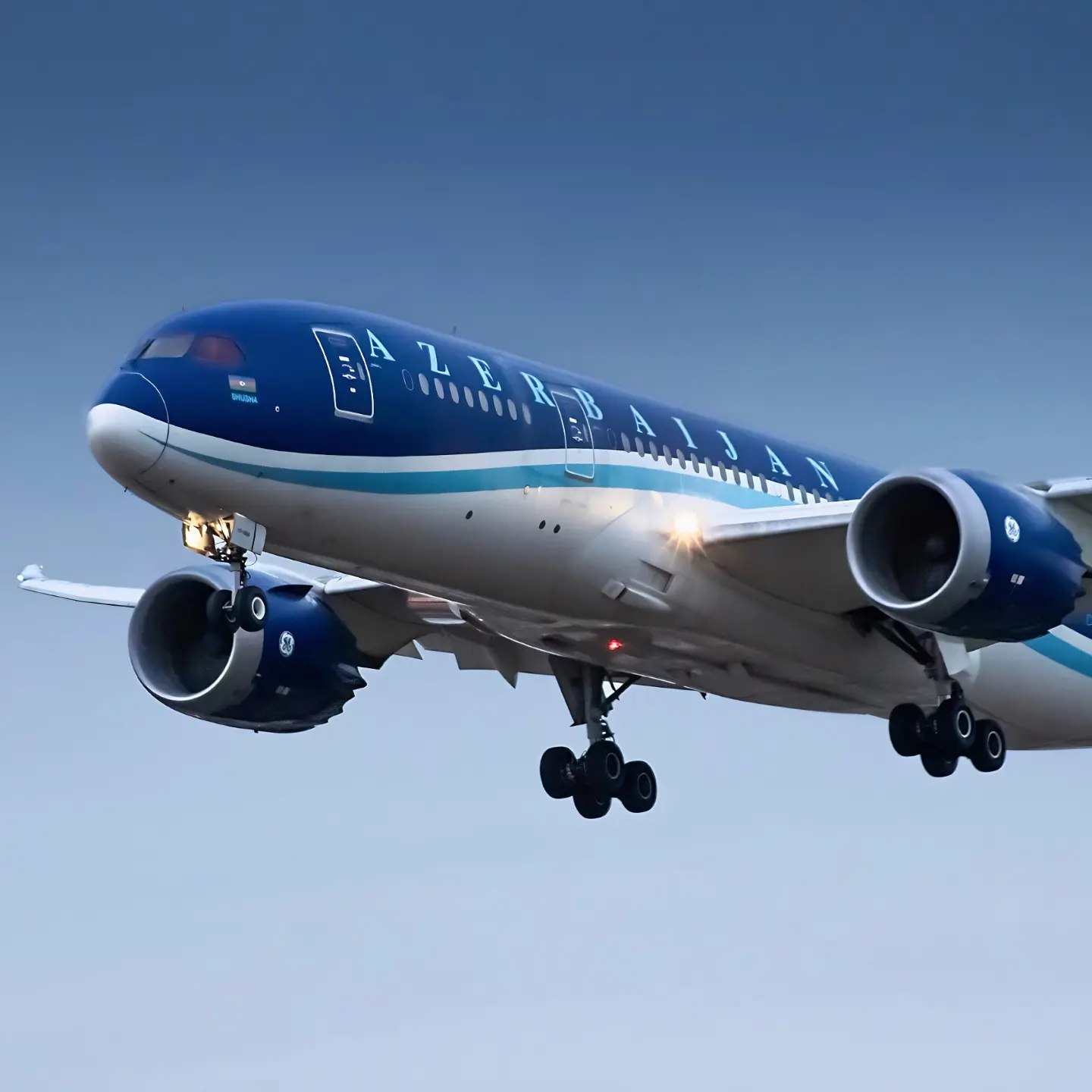
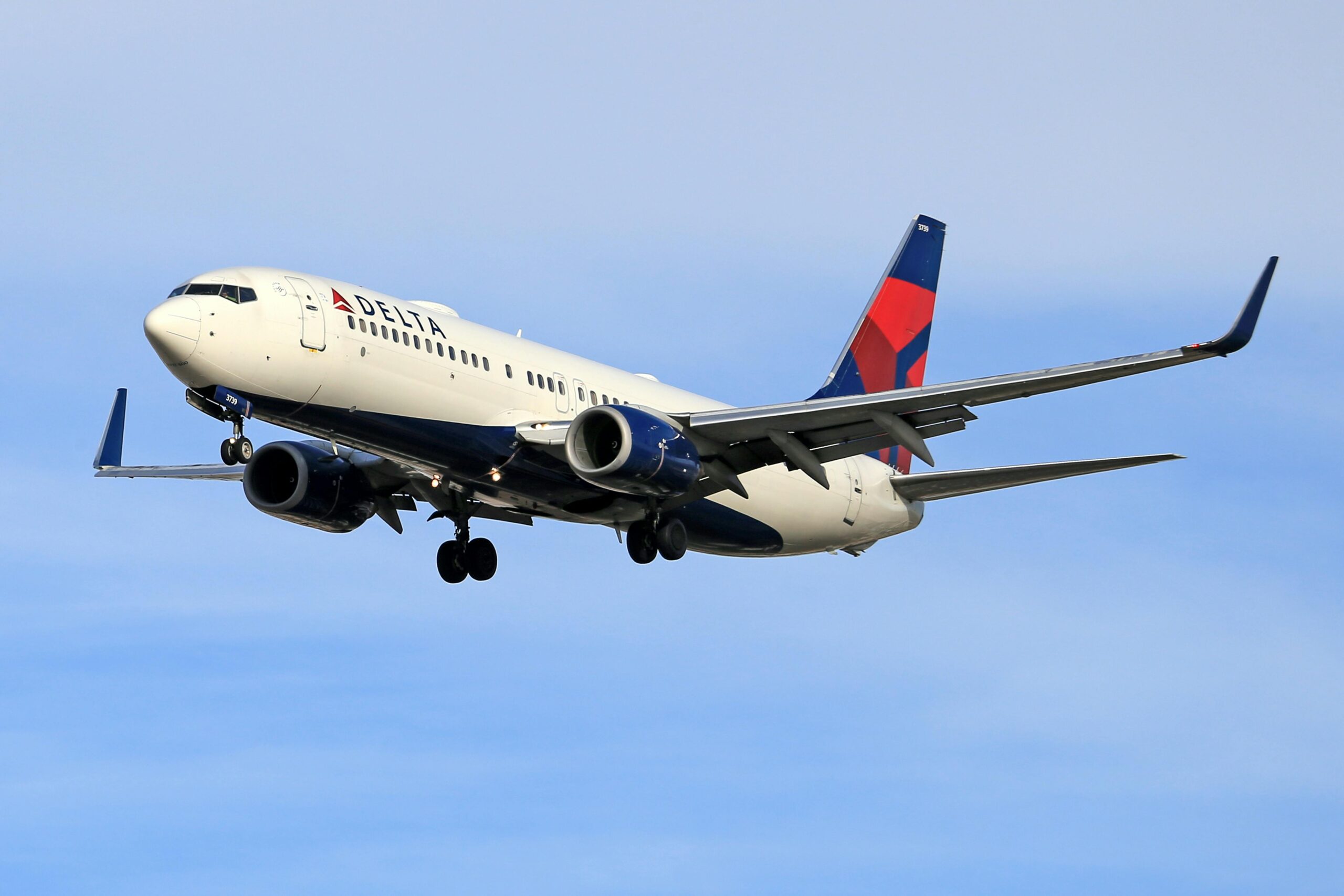
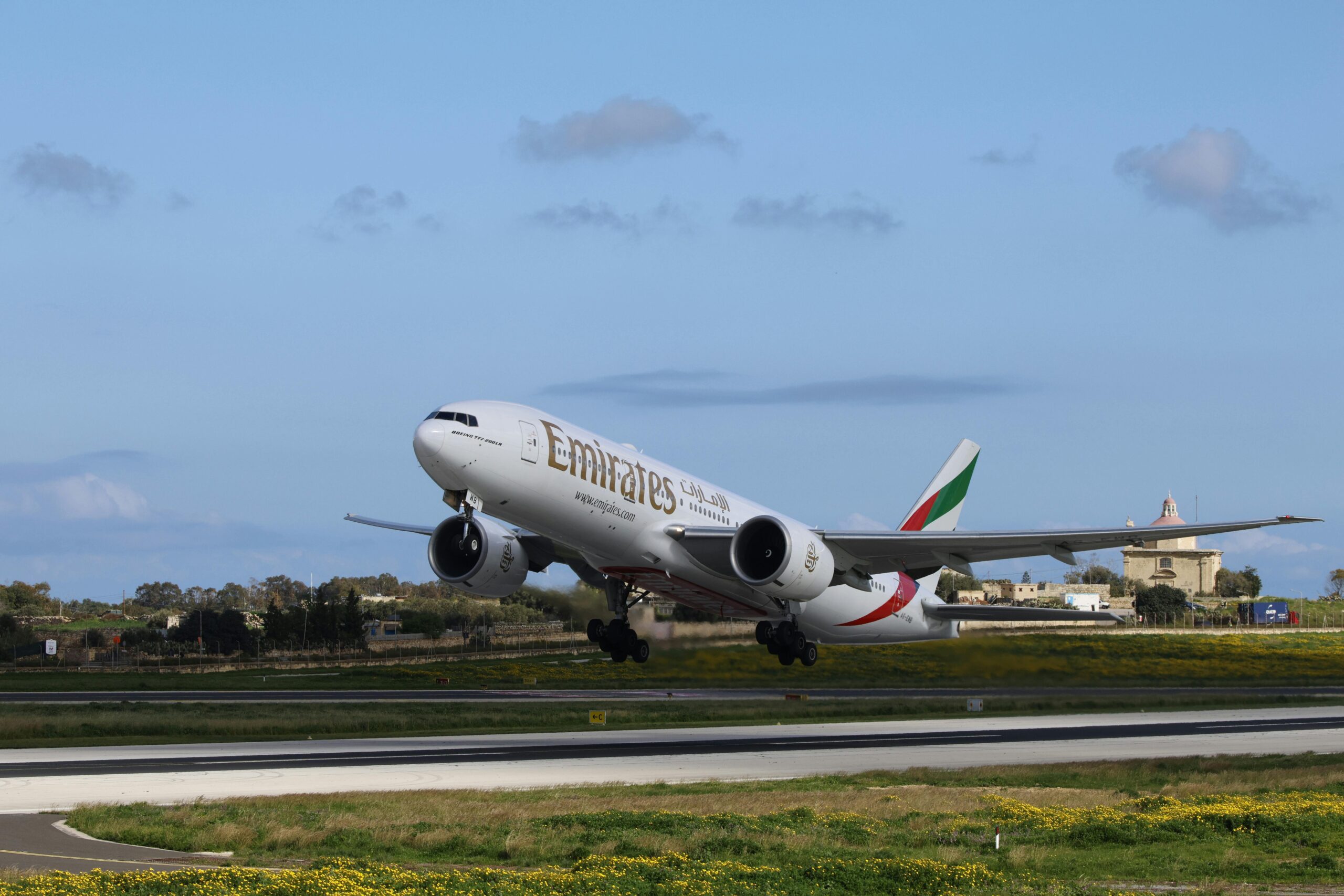
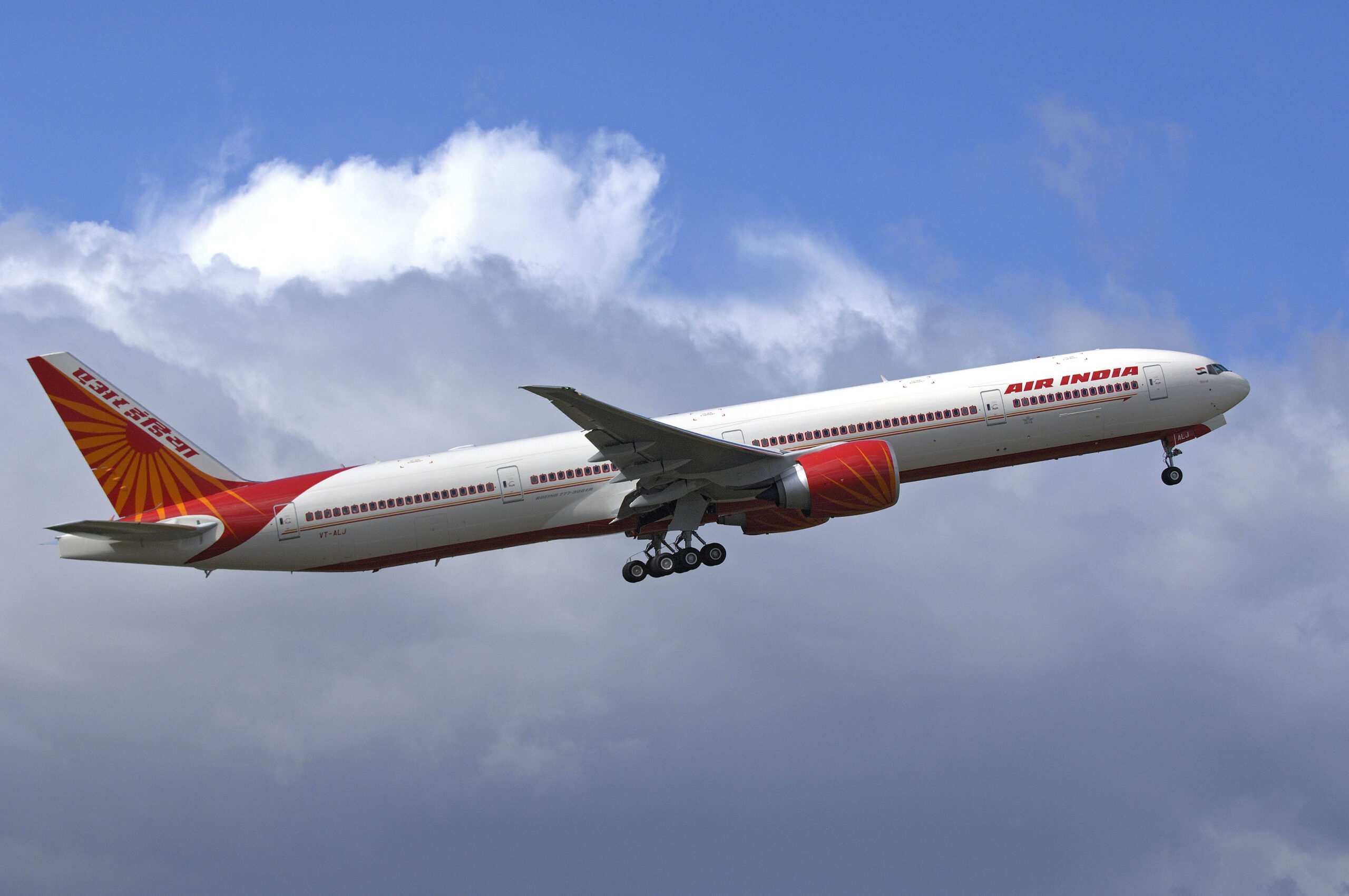




Leave a Reply